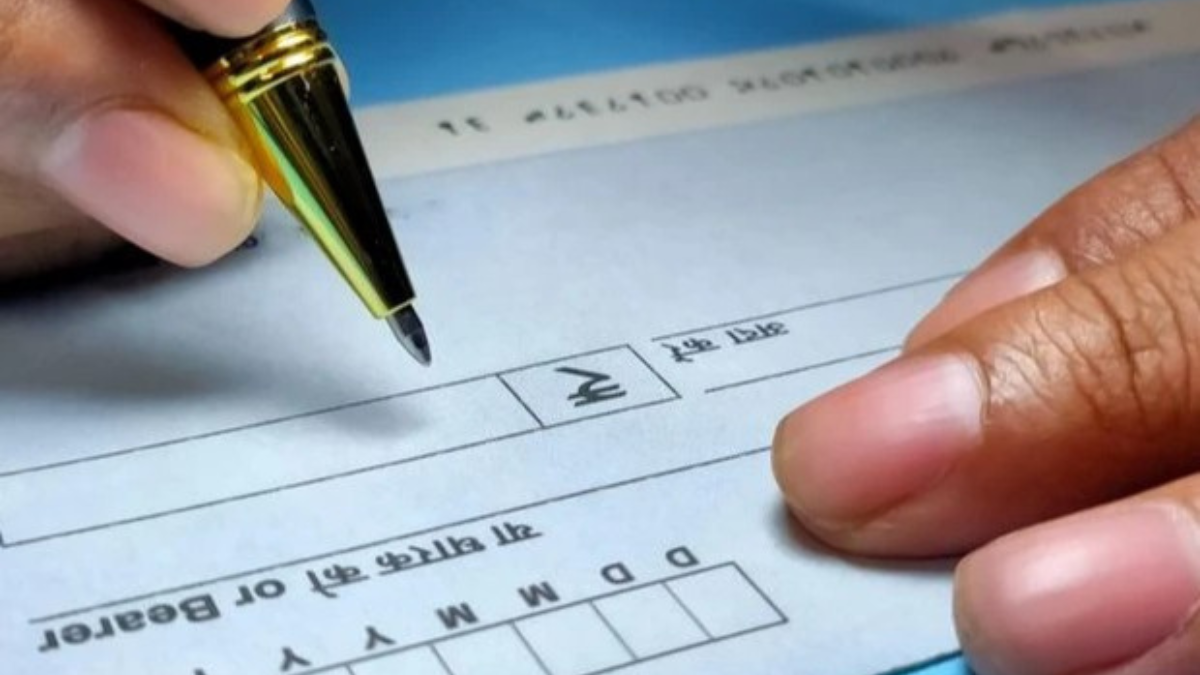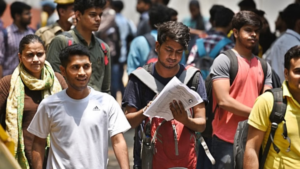The Reserve Bank of India (RBI) is set to transform cheque transactions by rolling out a 3-hour cheque clearing system, launched in two phases to speed up settlement and improve customer experience. This initiative replaces the old batch-based clearing method, which often took 1-2 days, with a real-time, continuous clearing cycle that will process cheques throughout the day and credit funds to customer accounts much faster.
RBI to Roll Out 3-Hour Cheque Clearing System in Two Phases
RBI’s phased rollout of the 3-hour cheque clearing system is a major step in modernising India’s payment infrastructure. It benefits customers, businesses, and banks by delivering speed, transparency, and reliability, raising cheque settlements to global standards and ensuring the financial ecosystem works efficiently for all.
Phase 1: Same Day Clearing: October 4, 2025- January 2, 2026
During the first phase, banks are required to scan and send cheques to the clearing house as soon as they are received, between 10:00 AM and 4:00 PM. Drawee banks (the bank on which the cheque is drawn) must confirm each cheque by 7:00 PM the same day. If there is no confirmation before the deadline, the system treats the cheque as auto-approved, reducing unnecessary delays for customers.
- Cheques are processed and settled hourly from 11:00 AM onward.
- Customers can expect to see funds credited the same day after the settlement, subject to the cheque’s realisation.
- This phase enables hourly settlements and sets the foundation for uniform, nationwide clearing speeds.
Phase 2: 3 Hour Clearing: Starting January 3, 2026
Phase two brings in a stricter time window, with banks required to confirm cheques within just 3 hours of presentation. For instance, cheques received between 10:00 AM and 11:00 AM must be confirmed by 2:00 PM. Any cheque not responded to in three hours is automatically deemed approved and included for settlement. Once the paying bank has confirmed, the presenting bank must release funds to customers within an hour.
- Continuous clearing runs during banking hours.
- Cheques will have a T+3 hour expiry, with settlement completed within three hours from each presentation slot.
- This process significantly reduces the time it takes for funds to be credited, modernises cheque processing, and aligns with the speed of electronic payments.
Customer and Market Benefits
Faster access to funds: Businesses and individuals receive payments the same day or within hours, aiding cash flow and settlement.
Nationwide uniformity: The speed and tracking of cheque clearance are the same across India, including remote locations.
Reduced risk & errors: Hourly and real-time processing enhances system security, transparency, and reduces the chances of cheque bounce or operational backlog.
Ease of tracking: Customers can monitor their cheque status in real-time, providing transparency and peace of mind.
Challenges Faced by Banks
Technical barriers: Banks are finding it difficult to sync their systems with the new central clearing platform, leading to data delays and connectivity issues.
Operational hurdles: Staff training gaps and increased workload have slowed down the process, with some banks asking employees to work longer hours to handle extra volume.
Image and system errors: Poor quality scans and software glitches can result in higher cheque rejection rates and slower clearances.
Customer impact: Small businesses and traders have reported delays of up to a week, affecting their cash flow during peak times.
Ongoing solutions: The NPCI is actively working to resolve major technical and operational challenges, though some minor problems remain in certain banks and clearing systems.




 Daily Current Affairs Quiz 22nd February...
Daily Current Affairs Quiz 22nd February...
 Bank of Baroda Office Assistant Exam Ana...
Bank of Baroda Office Assistant Exam Ana...
 Daily Current Affairs and GK Updates (21...
Daily Current Affairs and GK Updates (21...








